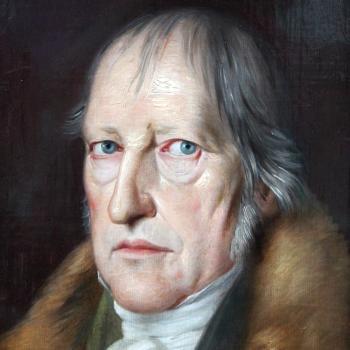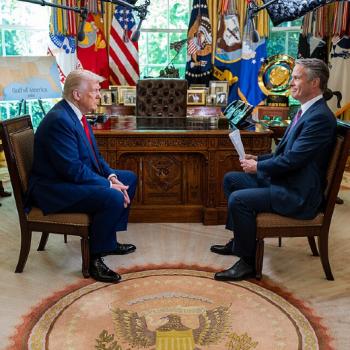As compelling as these experiences were, Russell says he never spoke about them: "I felt a little weird about it, and quite private." The subject was taboo, and he knew that breaking that taboo would invite the mockery of his peers. The situation has changed since Russell's playing days, but not all that much. Today, athletes and sportswriters will frequently allude to the zone, but rarely will they pursue its implications.
San Francisco sports writer Scott Ostler says he has tried on occasion to pursue the subject with athletes only to be met with blank stares, "like I was weird for asking." Perhaps the weirdest thing about the zone is the reticence that surrounds it. Former NFL linebacker Dave Meggyesy echoes Russell's view that the sports world is simply not a very hospitable place to talk about something so intensely personal and out of the ordinary. Nonetheless, he says, "the zone is the essence of the athletic experience, and those moments of going beyond yourself are the underlying allure of sport."
Meggyesy is now the West Coast representative of the NFL Players Association. The cramped bookshelves in his San Francisco office attest to the workings of a searching intelligence, whose interests range from contract law to Jungian psychology. Meggyesy regards the term "the zone" as a general one, referring to a spectrum of exceptional experiences -- perceptions, states of consciousness, and levels of performance -- with varying degrees of intensity. Taken together, these experiences exemplify an innate tendency to surpass one's limits.
For Meggyesy, sports are, at their heart, a way to unlock the hidden possibilities of self-transcendence. As a culture, we have come to associate epiphanies, revelations, and the like with poetic revelry, profound introspection, or communion with nature. But it is a fact that profound and extraordinary experiences are extremely common in athletics, perhaps more so than in any other field of endeavor. The passions that athletics arouse, the physical demands they make, and the mental focus they require bring to bear our most exceptional abilities.
Despite our skepticism, athletics provoke us to magic. This is the hidden dimension of sport, its secret culture. The philosopher Michael Novak wrote that, "This is one of the great secrets of sport. There is a certain point of unity within the self, and between the self and its world, a certain complicity and magnetic mating, a certain harmony, that conscious mind and will cannot direct.... The discovery takes one's breath away."
But it is not really that well-kept a secret. Most anyone who has worked hard in some field of play can recall a moment of astonishment, when all of it -- body, mind, and the skill that runs through both -- came together and the boundaries of possibility seemed to open wide before one's eyes. In these moments of pure and effortless intuition, everything you do seems to turn to gold. I still savor a few such long-ago moments -- on a basketball court, a soccer field, a ski slope -- with the same vivid detail as I recall my first kiss.
One does not have to be a player to sense this. As a writer Larry Shainberg observes, "Our fascination with the zone, and indeed with sport in general, may be due, in part at least, to the possibilities it reveals, the energy and strength and flexibility of the organism when liberated from its ordinary neurological and psychological constraints." As spectators, we are drawn irresistibly by the thrill of witnessing the drama of self-surpassing play. Athletics awaken and invite us to our own exceptional possibilities. We recognize our own surpassing self in the actions of another.
Years ago, Yogi Berra observed, "Ninety percent of hitting is mental, the other half is physical." Today, it appears the rest of the sports world is catching up to the wisdom of the Bronx sage.
This article, originally published by Shambhala Sun and reprinted with permission, can be read in its entirety here.
Andrew Cooper, Ph.D., author of Playing in the Zone: Exploring the Spiritual Dimensions of Sports, is a freelance writer and editor whose essays have appeared in numerous magazines and journals. His pursuit of inner life has included more than twenty-five years of Buddhist meditation, long-time practice of the Chinese martial art of T'ai Chi, and in-depth study of the world's philosophies and religions.




